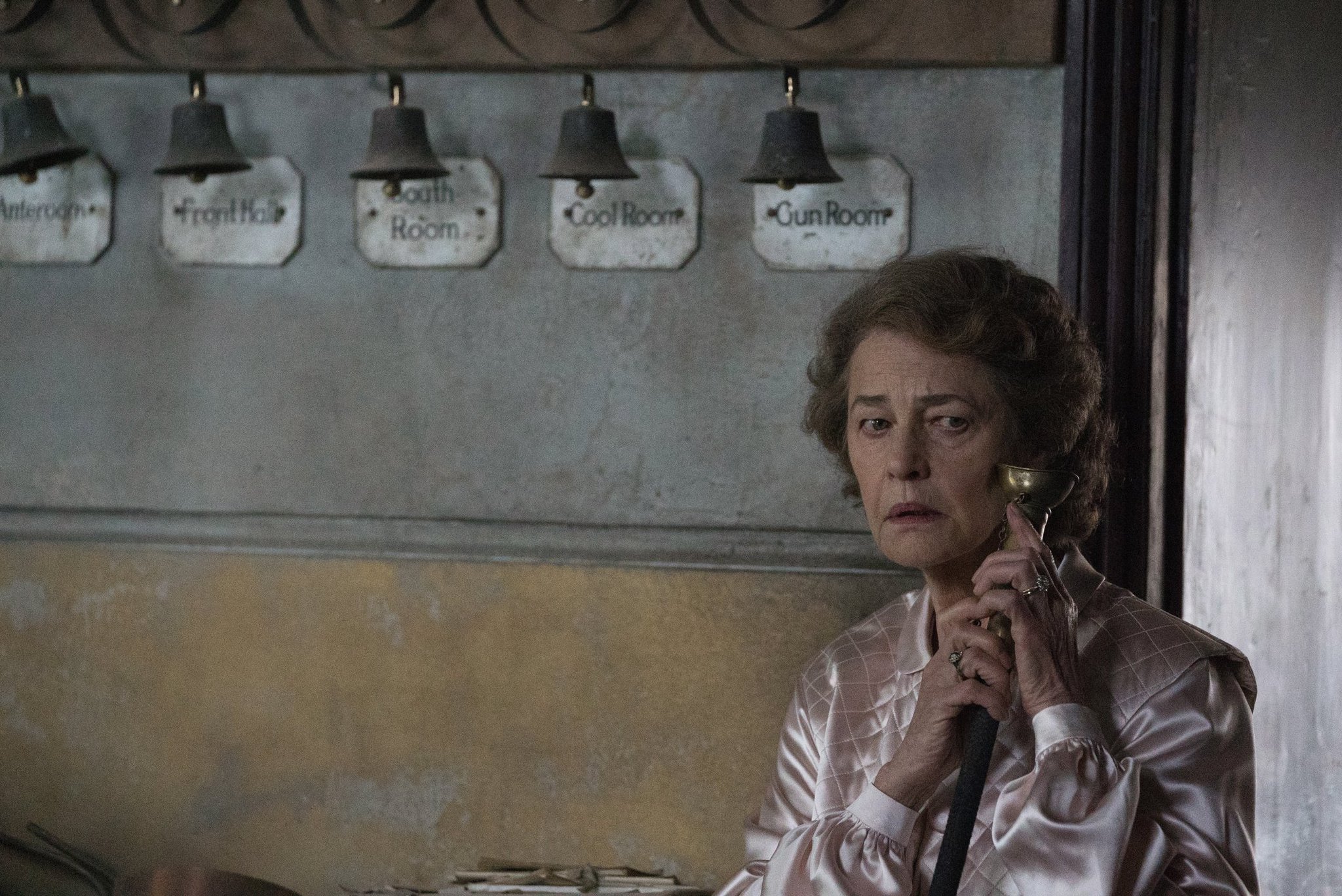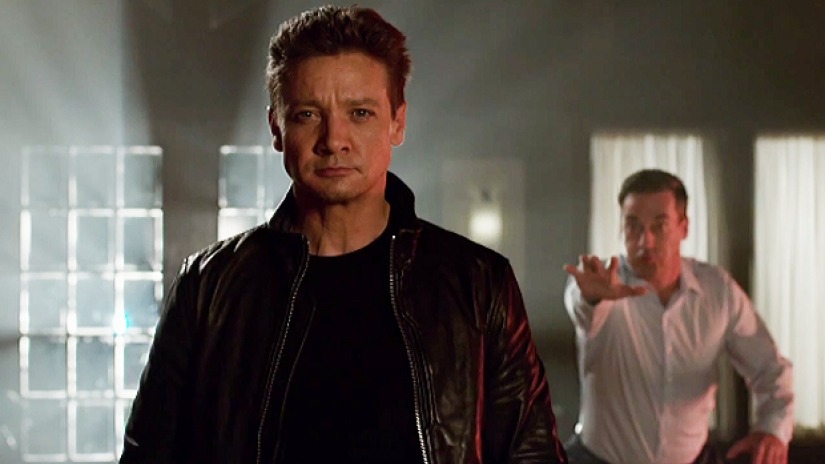Juliet, Naked
by Brandon Thomas
Movies that mix music and quirk tend to punch me right in the feels (is a 36-year-old allowed to say “feels”?). Once, Begin Again and Sing Street are a few examples of movies that gave my tear ducts a workout. The only feelings Juliet, Naked conjured in me were boredom, apathy and a dash of frustration.
Annie (Rose Bryne) is stuck in a rut. She lives in her sleepy hometown and works the same job her father did. Her boyfriend, Duncan (Chris O’Dowd), is more interested in a long-disappeared musician than starting a family with her. When a CD demo for Duncan’s favorite musician, Tucker Crowe (Ethan Hawke), shows up at their home, Annie is the first to listen. Her negative reaction to the album, mixed with Duncan’s over-the-top positive one, sets off a chain of events that ends with Crowe himself visiting her in England.
I realized halfway through Juliet, Naked that director Jesse Peretz (Our Idiot Brother) was trying to reinvent the classic rom-com. Instead, it’s more of a Frankenstein’s monster hybrid, as one part indie drama mixed with your classic rom-com clichés makes for strange bedfellows. It’s not to say that these tropes couldn’t exist together – they could – but it would need to be in the hands of a stronger filmmaker.
The cast fares a little bit better. Hawke and Byrne do what they can with a messy script, and they have an undeniable chemistry. The problem – again – lies in that it sometimes feels like the characters are moving between two different films. One moment, Hawke’s character is lamenting his shortcomings as a father, and the next he’s in a hospital bed surrounded by all of his ex-wives/lovers. It’s a scene that wouldn’t feel out of place in a network sitcom.
Byrne is the one saving grace. She’s always been able to lift the material she’s given and it’s no different here. There’s a sweetness to Annie that never feels naïve. She’s a competent, driven woman who just hasn’t allowed herself to go after what she wants in life.
There’s a behind-the-camera pedigree to Juliet, Naked that makes its shortcomings all the more disappointing. It’s based on the book by Nick Hornby (About a Boy, High Fidelity), and produced by Judd Apatow (Bridesmaids, Superbad, Pineapple Express). Apatow has especially shown himself to be adept at producing really funny, thoughtful comedies.
Had Juliet, Naked kept both feet firmly in one genre, I think the film would’ve had something nice to say. Instead, it’s a murky mess of what could have been.









